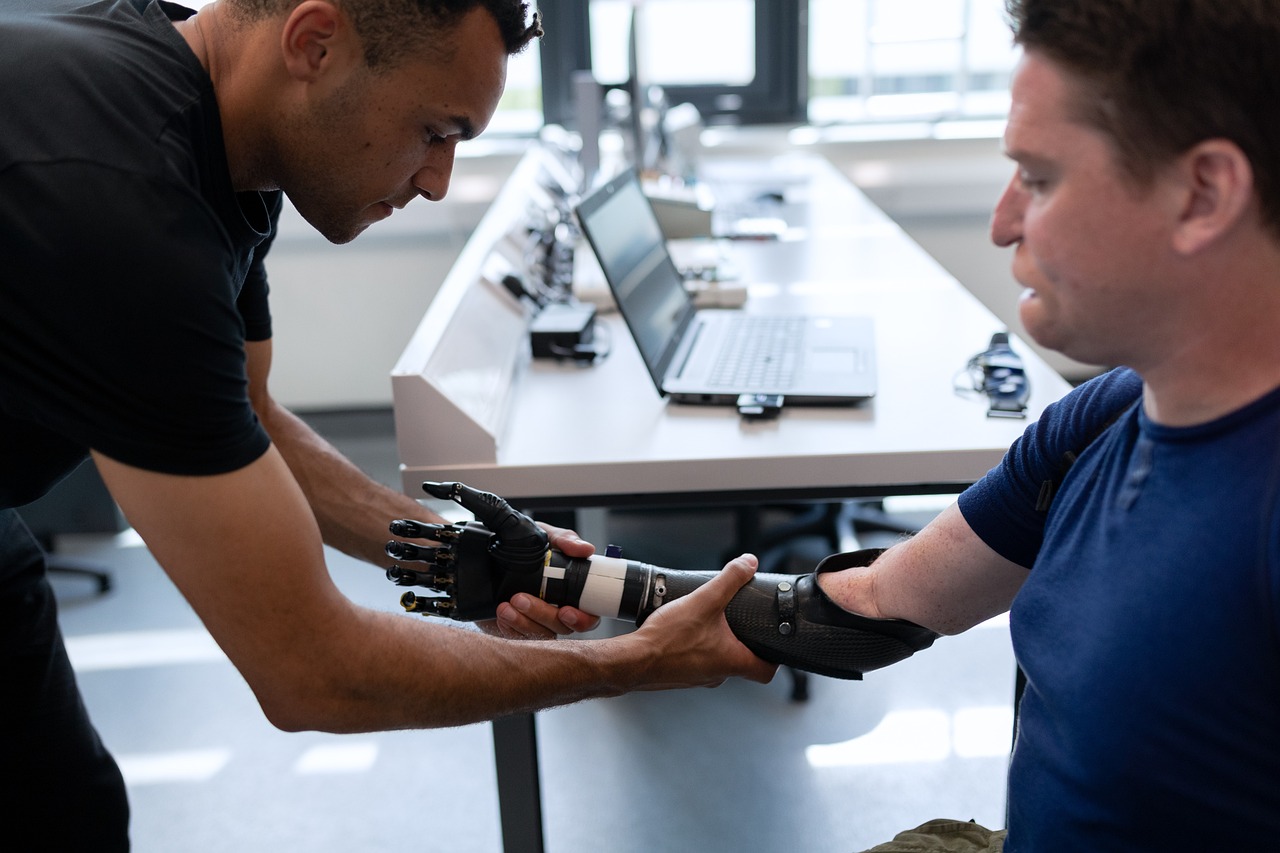



Professional Professional Skills Development Program
Robotics Hardware Programming Professional Certification
Master the intricate art of robotics hardware programming, from basic motor control to advanced autonomous navigation systems. This comprehensive certification combines mechanical engineering principles with sophisticated programming techniques to create robots that can perceive, think, and act in complex real-world environments. Developed by robotics engineers from Boston Dynamics, Tesla, and leading research universities.
Fundamental Robotics Programming:
- Motor Control & Actuator Programming: Master servo motors, stepper motors, and hydraulic actuators for precise robotic movement
- Sensor Integration & Fusion: Combine data from LIDAR, cameras, IMUs, and encoders for comprehensive environmental awareness
- Real-Time Control Systems: Implement closed-loop control algorithms for stable and responsive robotic behavior
- Kinematics & Motion Planning: Calculate joint angles and end-effector positions for complex multi-degree-of-freedom robots
- Safety System Implementation: Build fail-safe mechanisms and emergency stop procedures for human-robot collaboration
Advanced Robotics Architecture:
- Robot Operating System (ROS): Master ROS2 for distributed robotics computing, message passing, and modular system design
- Computer Vision Processing: Implement object detection, tracking, and recognition using OpenCV and deep learning frameworks
- Path Planning Algorithms: Develop navigation systems that can plan optimal routes in dynamic environments
- Machine Learning Integration: Apply reinforcement learning and neural networks for adaptive robotic behavior
Industrial Robotics Applications:
- Manufacturing Automation: Program robotic arms for assembly, welding, painting, and quality inspection processes
- Warehouse & Logistics Robots: Develop autonomous mobile robots for inventory management and order fulfillment
- Agricultural Robotics: Create robots for precision farming, crop monitoring, and automated harvesting
- Medical & Surgical Robotics: Program robots for patient care, rehabilitation, and minimally invasive procedures
Emerging Robotics Technologies:
- Soft Robotics Programming: Control flexible and bio-inspired robots using novel actuation methods
- Swarm Robotics Coordination: Program multiple robots to work together as a coordinated system
- Human-Robot Interaction: Develop intuitive interfaces for natural human-robot communication
- Cloud Robotics Integration: Leverage cloud computing for complex computations and shared robot learning
Robotics Career Opportunities:
Certified robotics programmers earn $90,000-$180,000 annually, with senior specialists commanding $200,000+ at leading robotics companies. The global robotics market is expected to reach $260 billion by 2030, creating massive demand for skilled robotics engineers across manufacturing, healthcare, agriculture, and service industries.